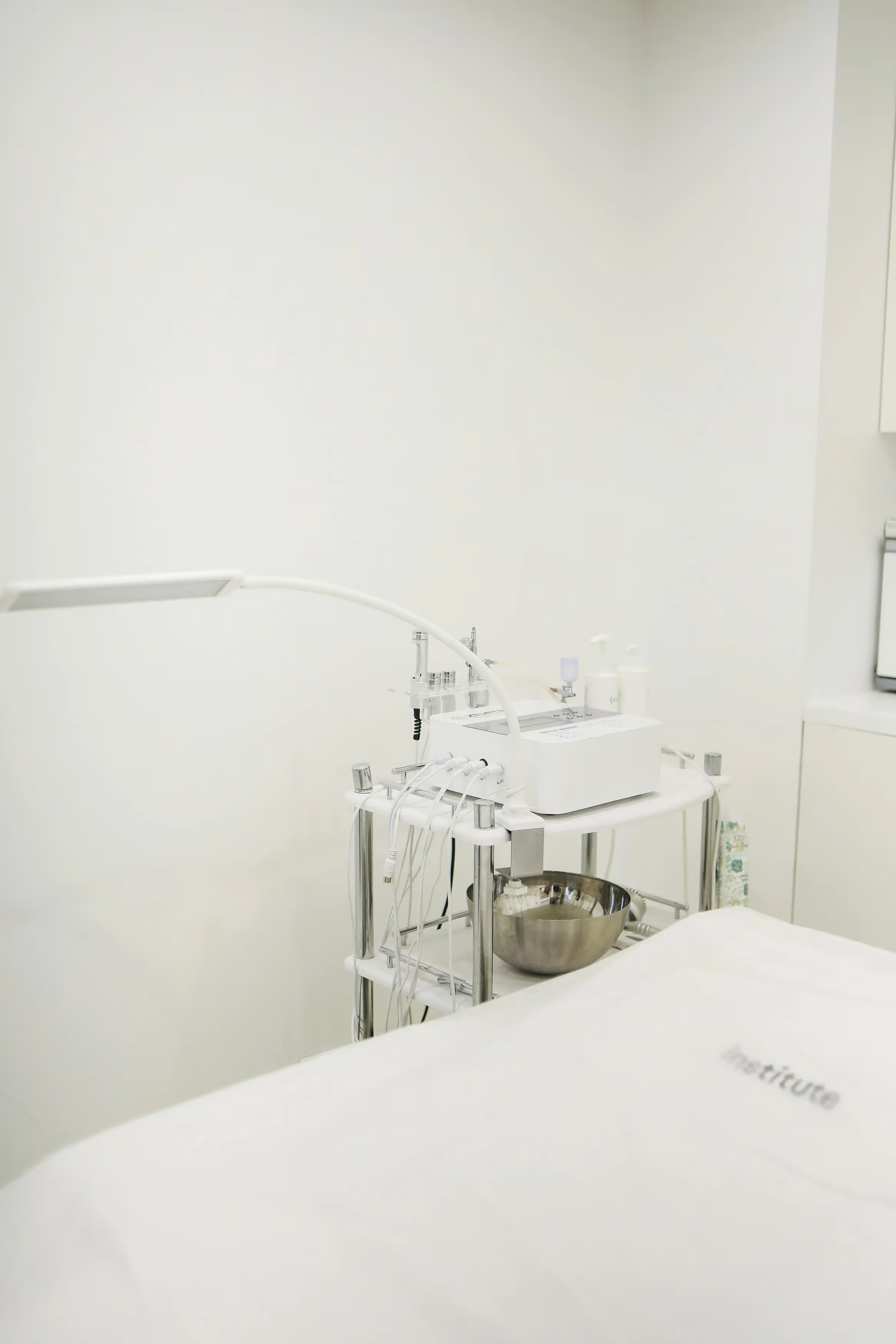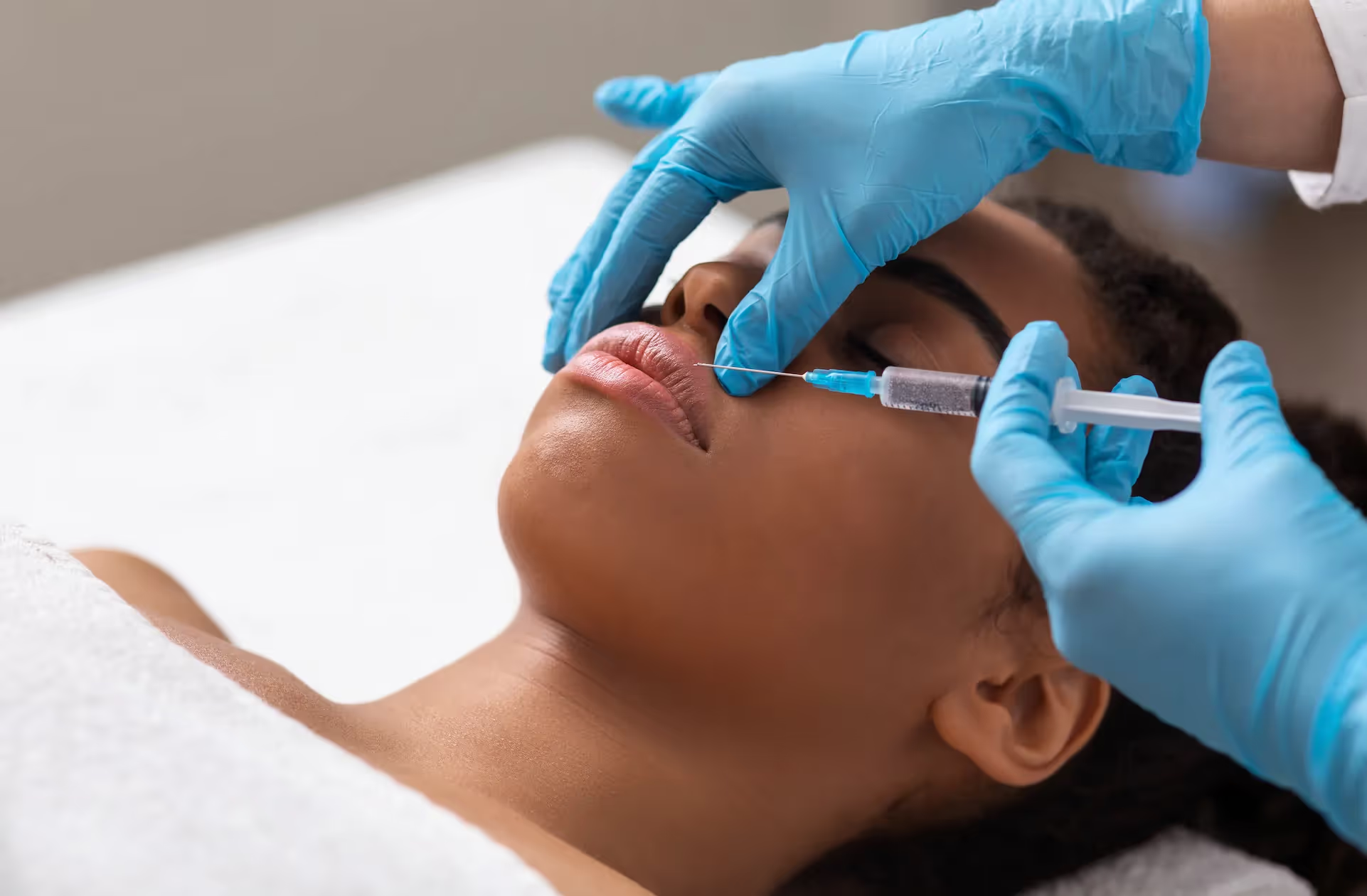As an aesthetic medical professional, you probably know that communication before, during, and after cosmetic appointments is critical.
Effective pre-appointment communication ensures that clients are fully prepared for their procedures and have better outcomes and overall experience.
Read on for the most effective methods for sharing cosmetic procedure preparation instructions with your clients.
Enhancing Pre-Appointment Engagement
1. Leveraging Digital Communication Tools:
Utilize email and SMS platforms to send out pre-appointment instructions. These tools are efficient for ensuring patients are well-informed and prepared for their upcoming procedures. Emails can contain detailed preparation guides, while SMS reminders can serve as prompts for key preparation steps.
2. Creating Informative Content:
Develop engaging communication and materials to detail the steps that patients need to take before their appointments. This outreach can include skincare routines, what to avoid prior to the procedure, and education on expectations. Providing this information in both written and video formats can cater to different learning preferences and ensure the information is accessible and understandable.
3. Personalized Consultation Calls:
Offer pre-appointment consultation calls to discuss the patient’s preparation steps, answer any questions, and alleviate concerns. This personalized approach fosters trust and confidence, leading to a more relaxed and informed patient on the day of the procedure.
Read about enhancing patient acquisition marketing to grow your cosmetic client customer base.
The Importance of Preparation for Aesthetic Procedures
Proper preparation is the cornerstone of a successful aesthetic treatment. Educating patients on the importance of hydration, nutrition, and skin care prior to their procedure not only enhances the effectiveness of the treatment but also minimizes potential complications. Here’s why and how patients should prepare:
- Hydration: Emphasize the necessity of staying hydrated to improve skin elasticity and overall health. Encourage patients to drink plenty of water in the days leading up to their procedure to ensure their skin is in optimal condition.
- Avoiding Sweat/Pools/ Exercise: Depending on the procedure, exercise, sauna or hot shower are not recommended. Ensure that patients have this information going in.
- Nutrition: Guide patients on the benefits of a balanced diet rich in vitamins, minerals, and antioxidants. Such a diet supports the body’s healing process and can enhance the results of their cosmetic treatment.
- Skin Care: Instruct patients to arrive with clean, makeup-free skin. This ensures the treatment area is ready for the procedure and can prevent any interference with the application of products or treatments.
- Avoiding Certain Substances: Highlight the importance of avoiding alcohol, caffeine, and certain medications or supplements that may affect the treatment outcome. Clear guidelines about what to avoid and for how long can prevent unnecessary complications.
Streamlining the Distribution of Pre-Appointment Instructions
- Email: Utilize email marketing tools to send out detailed pre-appointment instructions. These emails can include checklists, dietary advice, and skincare tips tailored to the specific procedure the patient will undergo.
- SMS Reminders: Send out timely SMS reminders with short, actionable preparation steps. These reminders can serve as a quick checklist for patients in the days leading up to their appointment.
- Customized Patient Portals: Leverage patient portal technologies to provide a one-stop-shop for all pre-appointment needs. Patients can access their preparation instructions, upload any required documents, and ask questions, all from a single platform.
Why Thorough Pre-Appointment Instructions Matter
Providing detailed pre-appointment instructions not only prepares the patient physically but also mentally for their procedure. This preparation can lead to:
- Enhanced Treatment Outcomes: Proper preparation can significantly impact the effectiveness and longevity of the treatment results.
- Reduced Anxiety: Patients who are well-informed about what to expect and how to prepare are likely to feel less anxious about their procedure.
- Streamlined Clinic Operations: When patients arrive prepared, it reduces delays and enhances the efficiency of clinic operations, leading to a better experience for both the patient and the provider.
Read about building trust and elevating your medspa’s brand identity.
Basic Instructions for Popular Cosmetic Procedures
- Botox and Fillers: Instruct patients to avoid blood-thinning medications and supplements, such as aspirin and fish oil, to minimize bruising. Advise on the benefits of arnica supplements to reduce swelling and bruising.
- Laser Treatments: Recommend avoiding sun exposure and tanning products for a specified period before the treatment to prevent skin sensitivity and ensure optimal results.
- Chemical Peels: Guide patients to discontinue the use of retinoids and other exfoliating products a week before their appointment to avoid excessive skin sensitivity.
Why Clear Communication Matters with Aesthetic Clients
There are several legal implications associated with insufficient or improper communication about a cosmetic procedure that cosmetic nurses and their practices should be aware of. These implications underscore the importance of clear, thorough, and documented communication with patients.
Check out this popular article, “MSOs: Navigating the Regulations around Operating a Med Spa”.
Here are some key legal concerns proper communication and compliance helps to avoid:
1. Negligence and Malpractice Claims
- Informed Consent: A foundational element of medical practice, informed consent requires that patients are fully informed about the risks, benefits, alternatives, and potential outcomes of a procedure. Failure to properly communicate this information can lead to claims of negligence or malpractice if the patient suffers harm or an outcome that they were not adequately warned about.
- Standard of Care Violations: Insufficient communication may also be seen as a failure to meet the accepted standard of care within the cosmetic nursing field, leading to potential legal action.
2. Breach of Duty of Care
- Cosmetic nurses have a duty of care to ensure that patients are fully informed about their treatment options and what each procedure entails. A breach of this duty, through inadequate communication, could result in legal repercussions if it can be shown that this breach directly led to patient harm.
3. Privacy Violations
- Improper communication that leads to unauthorized disclosure of patient information could violate patient privacy rights under laws such as the Health Insurance Portability and Accountability Act (HIPAA) in the United States or the General Data Protection Regulation (GDPR) in the European Union. These violations can result in significant fines and penalties.
4. Documentation Failures
- The medical field relies heavily on documentation to record patient interactions, consent, procedure details, and post-treatment care instructions. Inadequate documentation of communications can lead to legal challenges, especially if there is a dispute about what was communicated to the patient.
5. Reputation Damage and Loss of Trust
- While not strictly legal implications, poor communication can severely damage the reputation of a cosmetic nurse or clinic and erode patient trust. This can lead to a loss of business and potential legal action if patients feel misled or inadequately informed.
Check out how to handle unhappy medspa clients to reduce issues and improve communication.
Mitigation Strategies
To mitigate these legal risks, cosmetic nurses and their practices should adopt comprehensive communication strategies, including:
- Clear Informed Consent Processes: Ensure that all patients receive and understand all information about their procedures. Use language that is easy to understand and confirm comprehension.
- Thorough Documentation: Keep detailed records of all patient interactions, consent forms, and communications about procedures and risks.
- Privacy Adherence: Maintain strict confidentiality of patient information and ensure all communications are compliant with privacy laws.
- Continuous Education: Stay informed about legal obligations, patient rights, and best practices in patient communication and documentation.
Legal implications in the cosmetic procedure arena emphasize the critical nature of effective communication. By adhering to best practices, cosmetic nurses can not only enhance patient care but also protect themselves and their practices from legal risks.
Looking to open a Medspa or grow your cosmetic business? We’d love to chat.
When you're ready to take the next step in launching or growing your aesthetic practice, here are 3 ways Moxie can help:




